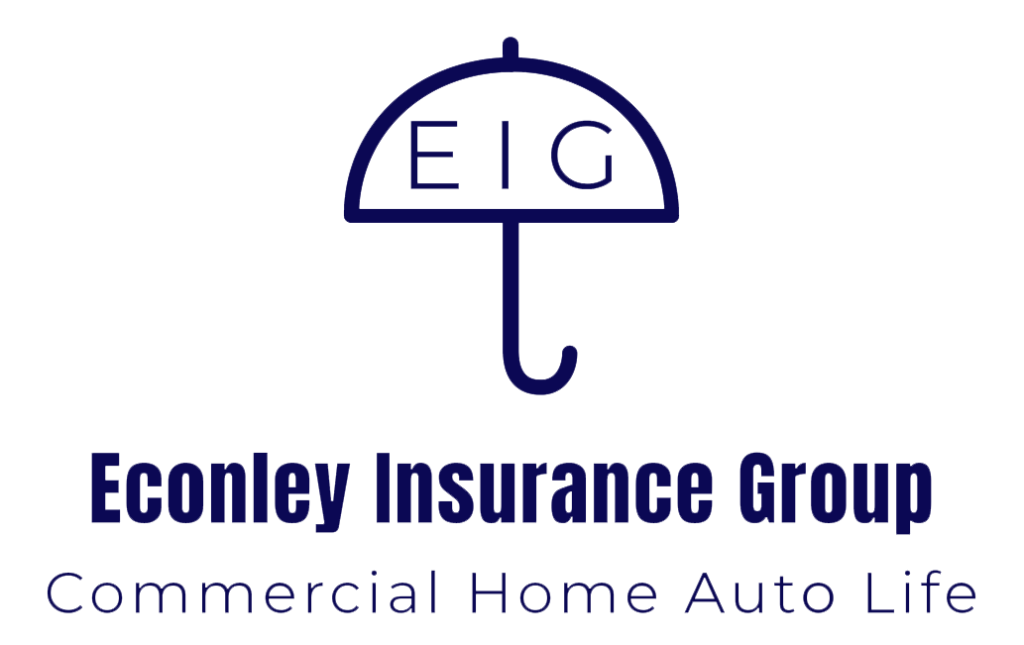Is a Reverse Mortgage Right for You?
If you’re 62 or older – and want money to pay off your mortgage, supplement your income, or pay for healthcare expenses – you may consider a reverse mortgage. It allows you to convert part of the equity in your home into cash without having to sell your home or pay additional monthly bills. But take your time: a reverse mortgage can be complicated and might not be right for you. A reverse mortgage can use up the equity in your home, which means fewer assets for you and your heirs.
How do Reverse Mortgages Work?
When you have a regular mortgage, you pay the lender every month to buy your home over time. In a reverse mortgage, you get a loan in which the lender pays you. Reverse mortgages take part of the equity in your home and convert it into payments to you – a kind of advance payment on your home equity. The money you get usually is tax-free. Generally, you don’t have to pay back the money for as long as you live in your home. When you die, sell your home, or move out, you, your spouse, or your estate would repay the loan. Sometimes that means selling the home to get money to repay the loan.
There are three kinds of reverse mortgages: single purpose reverse mortgages – offered by some state and local government agencies, as well as non-profits; proprietary reverse mortgages – private loans; and federally-insured reverse mortgages, also known as Home Equity Conversion Mortgages (HECMs).
Information obtained from Federal Trade Commission

